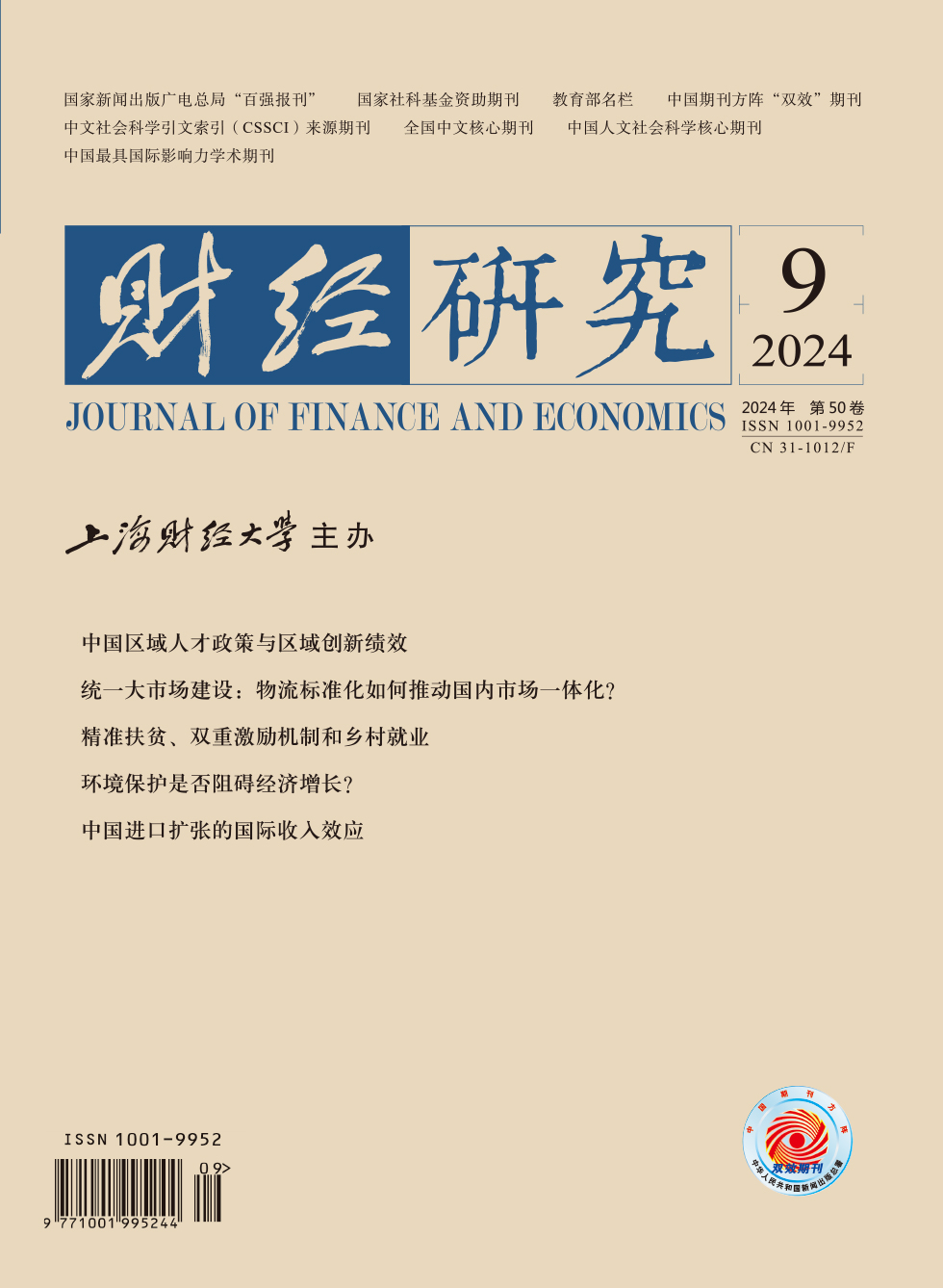Talents are the key to independent innovation.The Fifth Plenary Session of the 19th Central Committee of the Communist Party of China explicitly set the strategic goal for China to be at the forefront of innovative nations and become a leading talent power by 2035. Against this backdrop, cities across China have been introducing various talent policies to attract global talents. High-level scientific research talents have become a focal point for recruitment, and will provide innovative support for regional high-quality development.
By collecting 3,171 talent policy texts at prefecture-level city and municipal district levels from 2012 to 2020, this paper quantifies the talent policies according to the detail and intensity of the measures using secondary indicators, and constructs a unique talent policy database through a combination of text analysis and manual processing. Furthermore, it conducts an empirical examination of the impact of regional talent policies on regional innovation performance using patent application data and statistical yearbook data from 2012 to 2020. The study finds that: (1) Quantifying the content validity of talent policies results in more accurate estimates compared to existing studies that overlook this aspect. (2) Regional talent policies generally promote the improvement of regional innovation performance, as measured by the number of patents. (3) Top-level talent policies issued solely by senior leadership bodies do not significantly enhance regional innovation performance, and effective implementation requires cooperation from subordinate departments. (4) Development-oriented policy tools are more effective than reward-based and guarantee-based tools, with the combination of guarantee-based and development-oriented tools being the most effective. (5) Talent policies have a more significant impact on enhancing innovation performance in non-coastal cities, highly attractive cities, and cities with favorable business environments. (6) Regarding the combination of policy tools and city characteristics, reward-based tools are more suitable for highly attractive cities, while development-oriented tools are more effective in less attractive cities. This paper combines talent policy content assessment and post-implementation effect analysis, providing insights for cities to implement talent-led development, and actively develop and utilize appropriate policy tools.





 5943
5943  11397
11397

